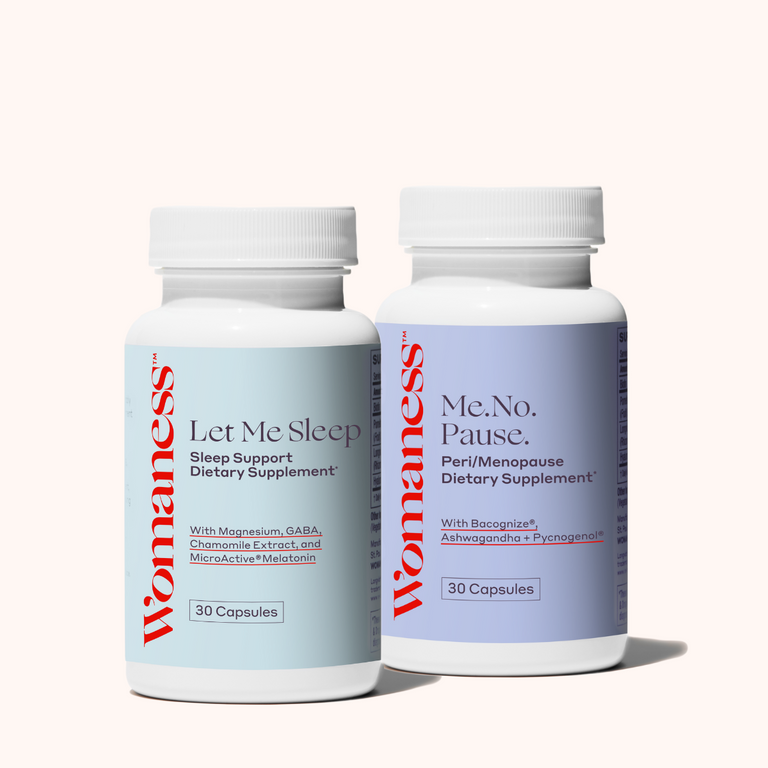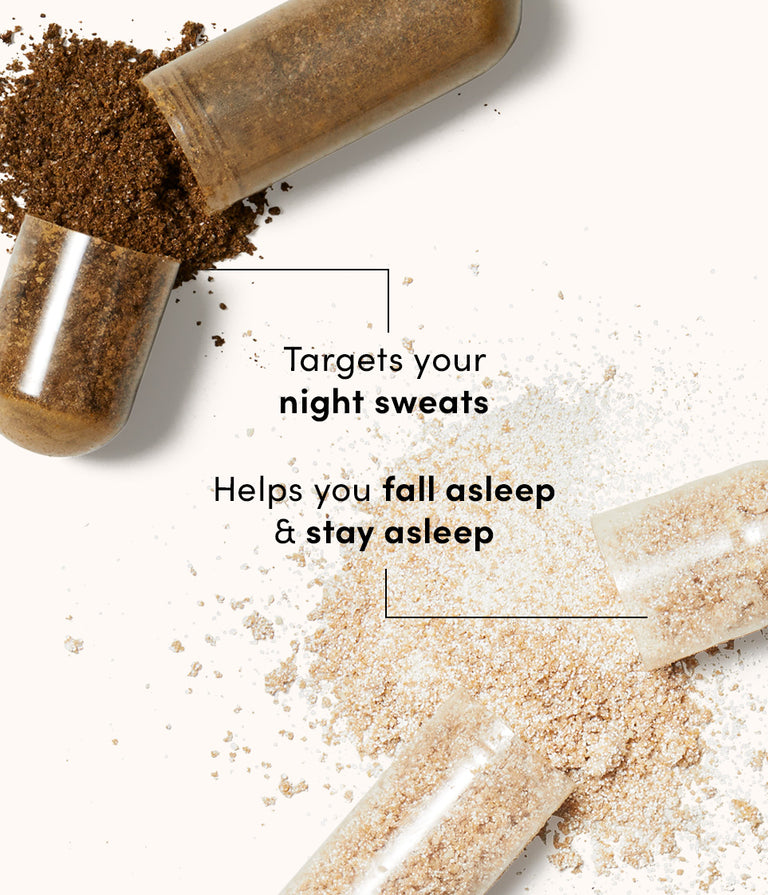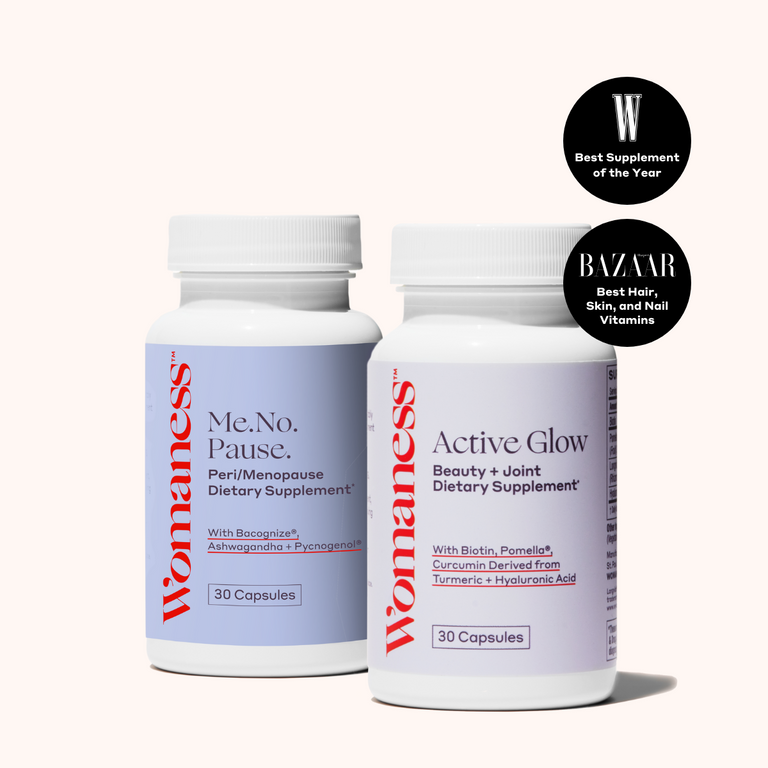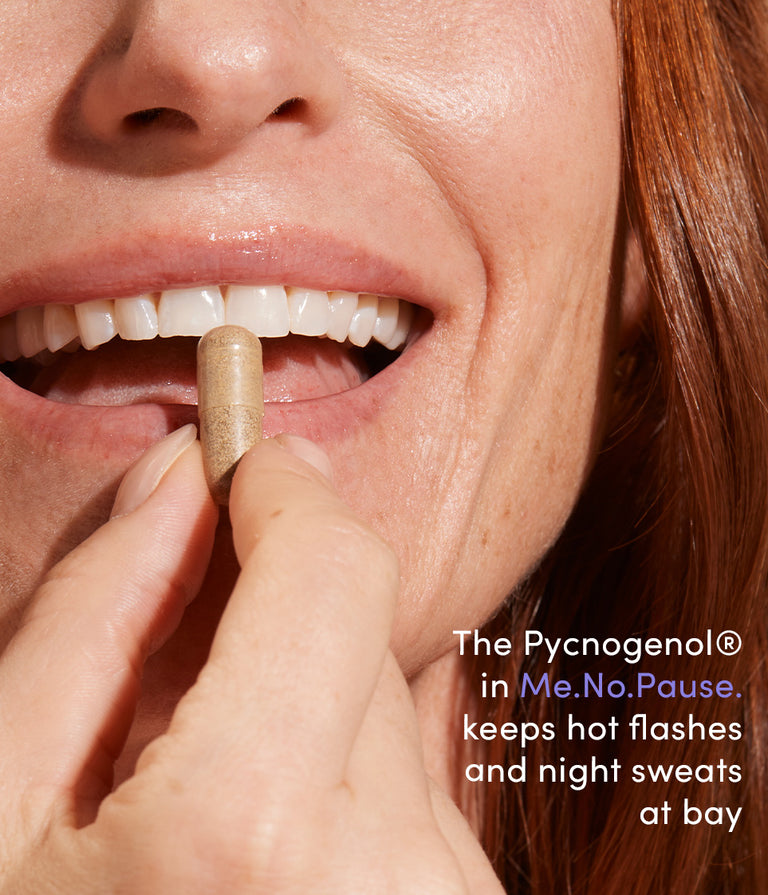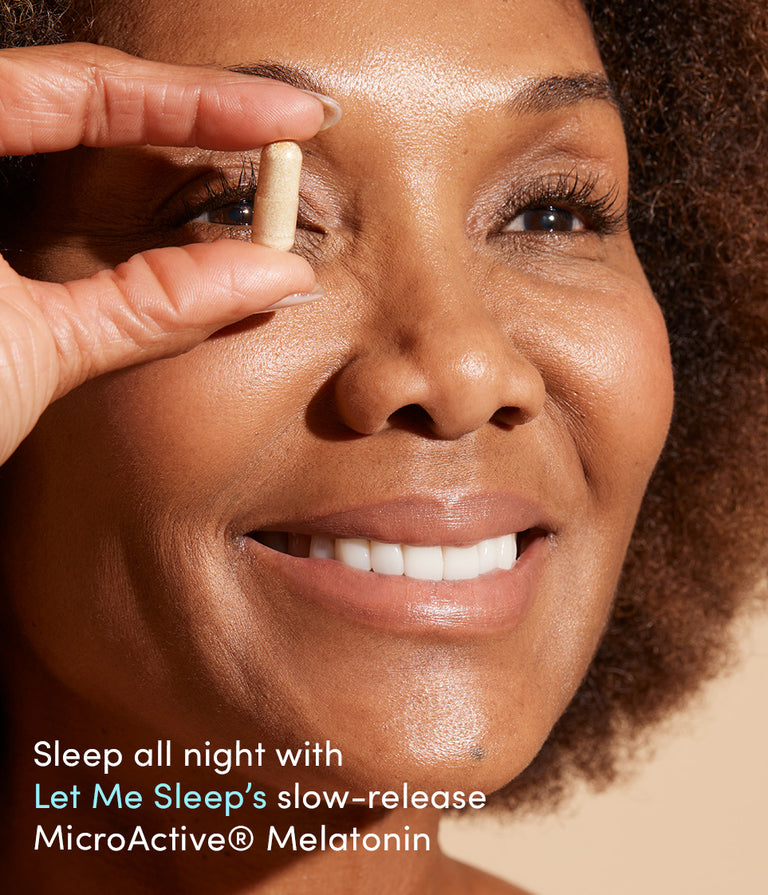By Womaness Editors 2-Minute Read

Welcome to ASK AN EXPERT, a series where we pose your real questions to our menopause experts for the intel you need. Need an answer? Post your question on The After Party, our private Facebook Group.
Your Question:
“There's info our there that menopause can be a different experience for women of color. Is there anything you want persons of color to know or be especially aware of when they speak to their doctor about their symptoms?”
The Answer:
From Dr. Ekta Kapoor, Mayo Clinic: "Very, very relevant question. This is an area of active work and research right now. And I'll tell you why.
There is good research to show that the experience of menopause is dependent on race and ethnicity. It varies based on that. Black women, for example, tend to have worse menopause-related symptoms, like hot flashes and night sweats, compared to Caucasian women. Asian women tend to have them milder than Caucasian women.
So there are race-mediated differences in just the experience of menopause.
What is worse, however—and I say it's worse because with race or ethnicity, mediating menopause symptoms is something we [doctors] can't control. But the second component that race and ethnicity brings is something we absolutely can control and we're actually guilty of it: the quality of care received by some minorities can be worse than what other patients receive. That's something we can fix. And that's why it's an area of active discussion and research.
"There are race-mediated differences in just the experience of menopause.... but the quality of care received by some minorities can be worse than what other patients receive."
There are anecdotal reports. We recently did a symposium on this topic where it came up that African-American women tend to feel dismissed more by their doctors when talking about menopause symptoms, and the resources and recommendations offered to them are inferior to what would be offered to a Caucasian patient.
These are real and very sad issues in our society. And especially in the current climate, with the racial discrimination issues we are dealing with…menopause and its treatment are not immune.
It’s something we can do better. We [doctors] need to have the awareness that when dealing with a minority, her menopause experience is likely going to be different. We should start early and tell these patients in their 20s and 30s that, down the line, this is what the landscape will be—and that your experience is likely to be different from your white friends, for example...and then preparing for it, anticipating it, and offering minorities equitable resources rather than discrimination, which unfortunately, like I said, does exist."
To find a doctor who specializes in menopause near you, use the database of the North American Menopause Society (NAMS), which lets you search by zip code.
Get More Answers
Ask a Beauty Expert: "What products do I use for thinning hair?"
Ask a Sleep Expert: "How can I calm a racing mind at night?"
Ask a Doctor: "Why does sex hurt in menopause?"

